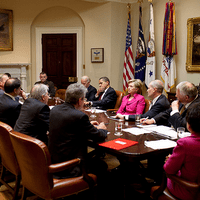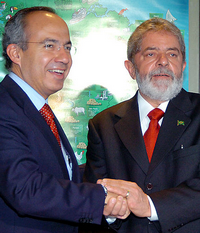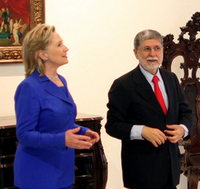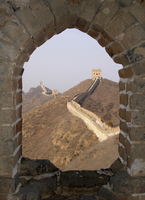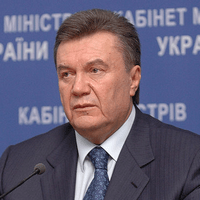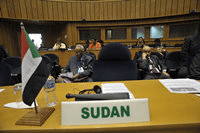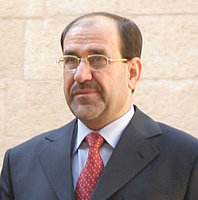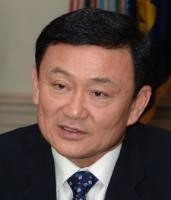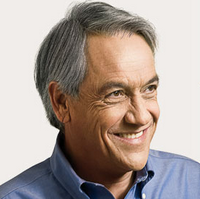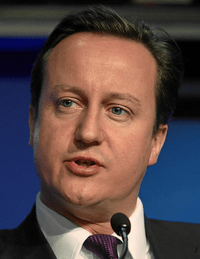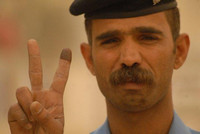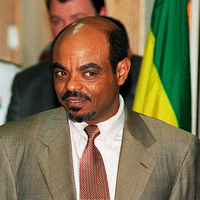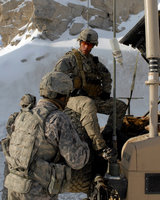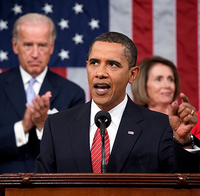
Some foreign policy analysts believe that President Barack Obama’s legislative victory on health care reform this week will have a positive impact on his ability to make progress in the foreign policy realm as well. Clearly, Obama’s credibility in the eyes of foreign governments would have been severely — perhaps even irreparably — damaged had he failed to pass the flagship legislation of his domestic agenda, despite overwhelming Democratic majorities in both houses of Congress. But the White House is not out of the woods just yet. For the president to build on the momentum he gained from the health […]


